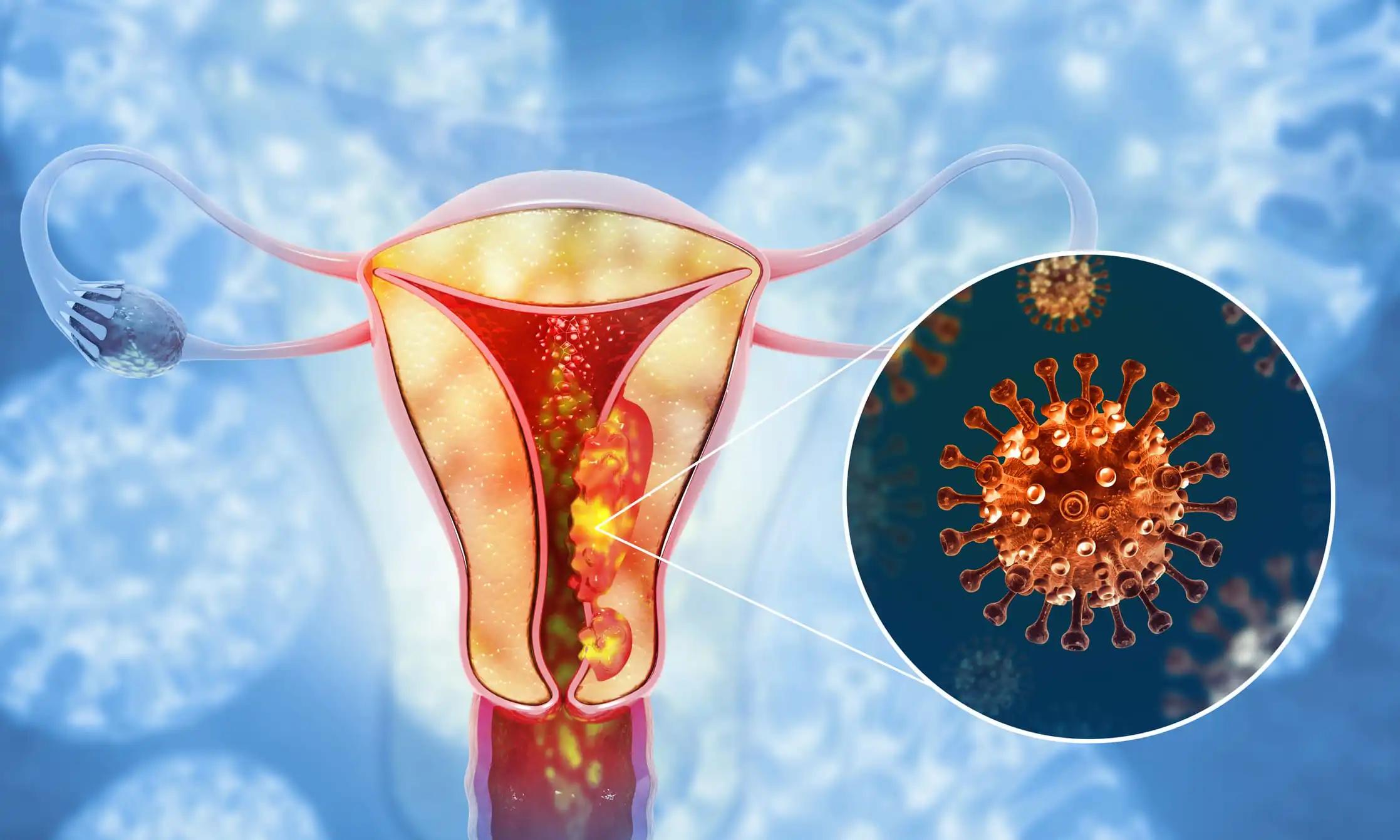KEY TAKEAWAYS
- The study aimed to assess the microbial signatures in the female genital tract and rectum and the role of ME in endometrial cancer development.
- The results showed some women exhibited bacterial levels potentially linked to endometrial cancer development, warranting further investigation.
The development of endometrial cancer is influenced by factors like inflammatory, metabolic, and possibly microbial parameters. The microbiome of endometrial cancer remains sparsely explored, often leading to overestimations of bacterial presence due to a lack of sufficient and good-quality contamination controls. Additionally, there is a limited understanding of how microbial environments (ME) function within endometrial cancer.
Anita Semertzidou and the team aimed to identify microbial signatures in the female genital tract and rectum and the role of ME in women with endometrial cancer.
Researchers sampled different regions – vagina, cervix, endometrium, fallopian tubes and ovaries, and rectum of 61 patients (pts) (37 endometrial cancer; 24 benign controls) and performed 16S rRNA gene sequencing of the V1-V2 hypervariable regions and qPCR of the 16S rRNA gene for qualitative and quantitative assessment of microbial communities.
They used 3D benign and endometrial cancer organoids to evaluate the effect of microbial products of L. crispatus, which was found depleted in pts with endometrial cancer following primary analysis, on endometrial cell proliferation and inflammation.
Results showed that the upper genital tract of a subset of women with and without endometrial cancer harbors microbiota that were quantitatively and compositionally distinguishable from background contaminants. Endometrial cancer was associated with reduced bacterial load in the cervicovaginal and rectal areas, as well as depletion of Lactobacillus species, including L. crispatus.
There was also an increase in bacterial diversity and an enrichment of Porphyromonas, Prevotella, Peptoniphilus, and Anaerococcus in the lower genital tract and endometrium. Treatment of benign and malignant endometrial organoids with L. crispatus conditioned media showed an anti-proliferative effect at high concentrations while having minimal impact on cytokine and chemokine profiles.
The study concluded that some women demonstrated to have detectable levels of bacteria in the upper reproductive tract, linked to endometrial cancer. Further research is needed to clarify the nature of the association, its impact on cancer development, and clinical implications for screening and microbiome-focused treatments.
This work was supported by the British Society of Colposcopy Cervical Pathology ; the Imperial College Healthcare Charity; Genesis Research Trust and the Imperial Experimental Cancer Medicine Centre, the Cancer Research UK Imperial Centre and National Institute of Health Research (NIHR) Imperial Biomedical Research Centre (BRC).
Source: https://pubmed.ncbi.nlm.nih.gov/38951935/
Semertzidou A, Whelan E, Smith A, et al. (2024). “Microbial signatures and continuum in endometrial cancer and benign patients. Microbiome.” 2024 Jul 1;12(1):118. doi: 10.1186/s40168-024-01821-0. PMID: 38951935; PMCID: PMC11218081.



